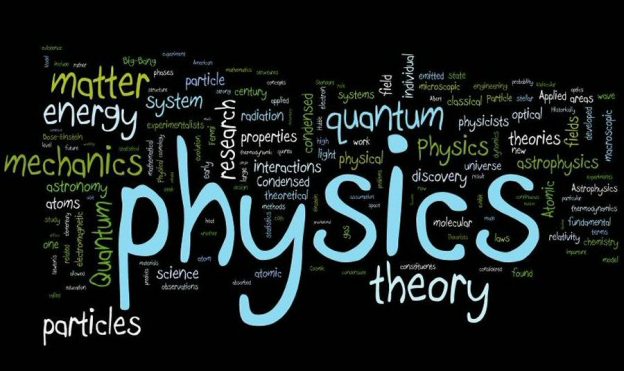Physics helps us understand how the world works, from the motion of a falling apple to the behavior of stars and galaxies.Videos
Physics is a natural science that deals with the study of matter, energy, space, and time, and how they interact with one another. It seeks to understand the fundamental principles that govern the behavior of the universe, from the tiniest subatomic particles to the largest galaxies. At its core, physics aims to explain how and why objects move, how forces like gravity and magnetism work, how energy is transferred and transformed, and how the universe itself evolves.
The word “physics” comes from the Greek word physis, meaning nature. This reflects the goal of physics: to uncover the laws of nature that explain the physical world around us. Whether it’s analyzing the motion of a car, understanding the behavior of light, or exploring the mysteries of black holes and the Big Bang, physics provides the tools and theories to investigate these phenomena.
Historically, physics has been divided into several major areas, including classical mechanics (which studies motion and forces), thermodynamics (which examines heat and energy flow), electromagnetism (which looks at electric and magnetic fields), and quantum mechanics (which deals with the strange behavior of particles at the atomic and subatomic level). More recently, fields like nuclear physics, astrophysics, and particle physics have emerged to study even more specific areas of interest.
Physics is also the foundation for many other sciences and technologies. For example, chemistry is deeply connected to the principles of atomic and molecular physics. Engineering relies on physics to design and build machines, bridges, electrical systems, and countless other inventions. Even biology, especially in areas like biophysics and medical imaging, benefits from the application of physical principles.
One of the most important features of physics is its emphasis on experimentation and mathematical modeling. Physicists make careful observations, conduct experiments, and use mathematics to describe and predict the behavior of physical systems. These predictions are then tested, and theories are refined over time to better match reality.
In everyday life, physics explains countless things we often take for granted, such as why the sky is blue, how airplanes fly, how electricity powers our homes, and how smartphones work. It also plays a vital role in solving global challenges, including developing clean energy sources, improving medical technologies, and advancing space exploration.



Responses